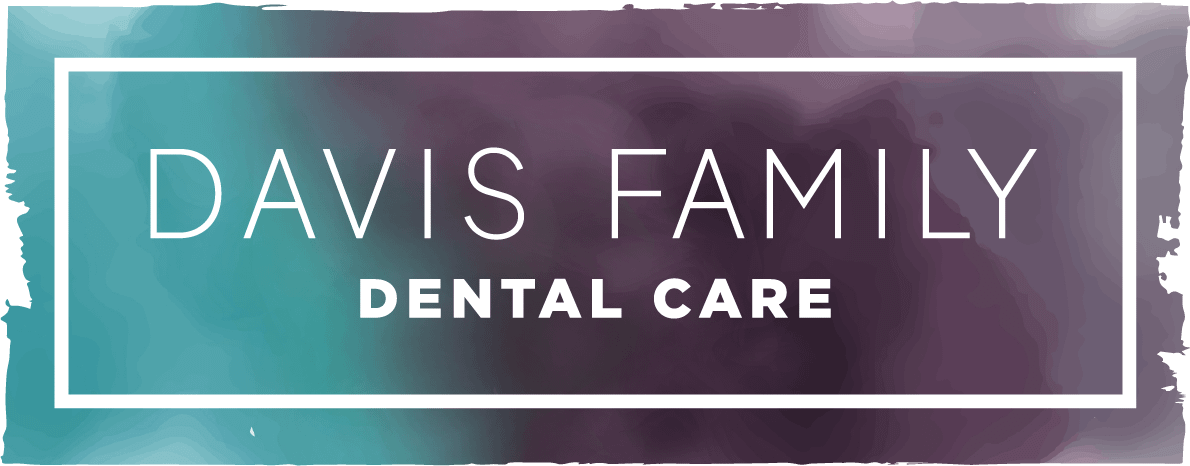Bruxism vs. Your Smile: How to Protect Your Teeth from Grinding and Clenching

Picture this—you’re fast asleep, but a battle is raging beneath the surface. It’s called bruxism, affecting more people than you might think. According to the Sleep Research Society, nearly 9% of the population grinds and clenches their teeth during slumber. But it’s not just a nighttime issue. In 2021, the American Dental Association revealed that over 70% of dentists saw a surge in patients with teeth grinding and clenching woes, often linked to stress.
So, this begs the question—do you wake up with a sore jaw or a headache? Or maybe your teeth show signs of wear and tear that you can’t explain? If so, you might be dealing with this condition, a dental problem that often goes unnoticed. In this article, we’ll walk you through bruxism—its causes, and, most importantly, how to protect your precious smile from its clutches.
Understanding Bruxism: Causes and Effects
The U.S. population has experienced quite the range of stressors over the past few years, as the pandemic, racial imbalances, and political division have dominated news cycles and social media. And, when our bodies are stressed, we react. You may experience heart palpitations, you may feel like you can’t calm the thoughts in your head, you might experience body aches, and you might experience jaw or mouth pain from bruxism.
So, what exactly is bruxism? It’s like an uninvited guest in your mouth, often showing up during sleep or stressful moments. This condition comes in two main forms—grinding and clenching.
- Grinding: This is when you rub your upper and lower teeth together with significant force. Think of it as a tiny, involuntary MMA match happening in your mouth while you should be peacefully asleep.
- Clenching: Unlike grinding, clenching involves biting down forcefully, putting immense pressure on your teeth. It’s like your jaws have locked horns in a tug-of-war.
But why does this occur? Well, stress and anxiety are top contenders. When you’re stressed, your body tenses up, and that tension can manifest as bruxism. Additionally, bite misalignment, where your upper and lower teeth don’t fit perfectly, can play a role. Your body tries to find a comfortable position, but this often leads to grinding and clenching, causing wear and tear on your teeth.
Consequences of Bruxism on Your Teeth
While bruxism doesn’t usually result in serious complications, the Mayo Clinic explains that it can wreak havoc on oral health. If left unchecked, severe bruxism may lead to:
- Damage to Your Teeth: The relentless grinding and clenching can wear down your tooth enamel, leading to chipped, cracked, or flattened teeth. It can also harm dental restorations like fillings and crowns, causing the need for frequent repairs.
- Tension-Type Headaches: The intense muscle activity during bruxism can trigger tension-type headaches, leaving you with head pain that lingers throughout the day.
- Severe Facial or Jaw Pain: The constant pressure on your jaw joints can result in severe facial or jaw pain, making eating, speaking, and even smiling an uncomfortable experience.
- Temporomandibular Joint (TMJ) Disorders: This condition is often associated with TMJ disorders, which affect the joints just in front of your ears. These disorders may lead to symptoms like clicking or popping sounds when you open and close your mouth, further complicating your comfort.
Identifying Bruxism: Signs and Symptoms
Since bruxism can often occur unconsciously, especially during sleep, it’s crucial to be aware of its signs and symptoms and to maintain regular dental check-ups. Here are some indicators to watch out for.
For the Teeth:
- Flattened, chipped, cracked, or loose teeth
- Worn tooth enamel
- Tooth pain or sensitivity
For the Jaw:
- Soreness in the jaw muscles
- Tightness in the jaw
- Tiredness of jaw muscles
For the Face:
- Headache
- Facial pain
Being vigilant about these signs and symptoms can help you identify bruxism early and seek appropriate care.
The Dental Impact: Protecting Teeth from Bruxism
Your Bedford dentist can be your greatest ally when preserving your oral health and preventing the adverse effects of bruxism. One key tool in the battle against teeth grinding and clenching is a custom-fitted nightguard.
Nightguards for Protection
These specially designed oral appliances act as a shield for your teeth, preventing the damaging effects of bruxism. They are custom-made to fit your unique bite pattern, ensuring optimal comfort and effectiveness.
Getting a Custom-Fitted Nightguard
To acquire a nightguard, consult your Bedford dentist. We will take impressions of your teeth to create a personalized nightguard that fits snugly over your upper or lower teeth. This barrier prevents direct contact between your upper and lower teeth during bruxism episodes, safeguarding your teeth from further harm.
Stress Management and Relaxation
In addition to nightguards, stress management and relaxation techniques can be invaluable in your fight against bruxism. These measures help reduce the anxiety and tension that often trigger teeth grinding and clenching.
Long-Term Solutions: Addressing Underlying Causes
While nightguards are excellent for protecting your teeth from the immediate effects of bruxism, addressing the root causes is essential for long-term solutions. Davis Family Dental Care is crucial in identifying and tackling these underlying issues.
During your regular dental visits, we can detect signs of bruxism, such as flattened tooth tips, that may not be obvious to you. If such signs and symptoms are present, we will carefully monitor the condition over several visits before determining the most suitable treatment approach.
One potential underlying cause of bruxism is bite misalignment. When your upper and lower teeth don’t align correctly, your body tries to find a comfortable resting position, often resulting in teeth grinding and clenching. Orthodontic treatment may be necessary to correct this misalignment, not only to address bruxism but also to prevent breathing problems like sleep apnea and to alleviate jaw pain associated with temporomandibular joint (TMJ) disorders.
Protecting Your Smile from the Damages of Bruxism
Safeguarding your smile from the effects of bruxism is essential for long-term oral health. Whether it’s through custom-fitted nightguards, addressing underlying causes, or stress management, our team at Davis Family Dental Care is here to help.
Don’t hesitate—if you’re experiencing signs or symptoms of bruxism, request an appointment with us today to protect your precious smile. Your dental health is our priority!
